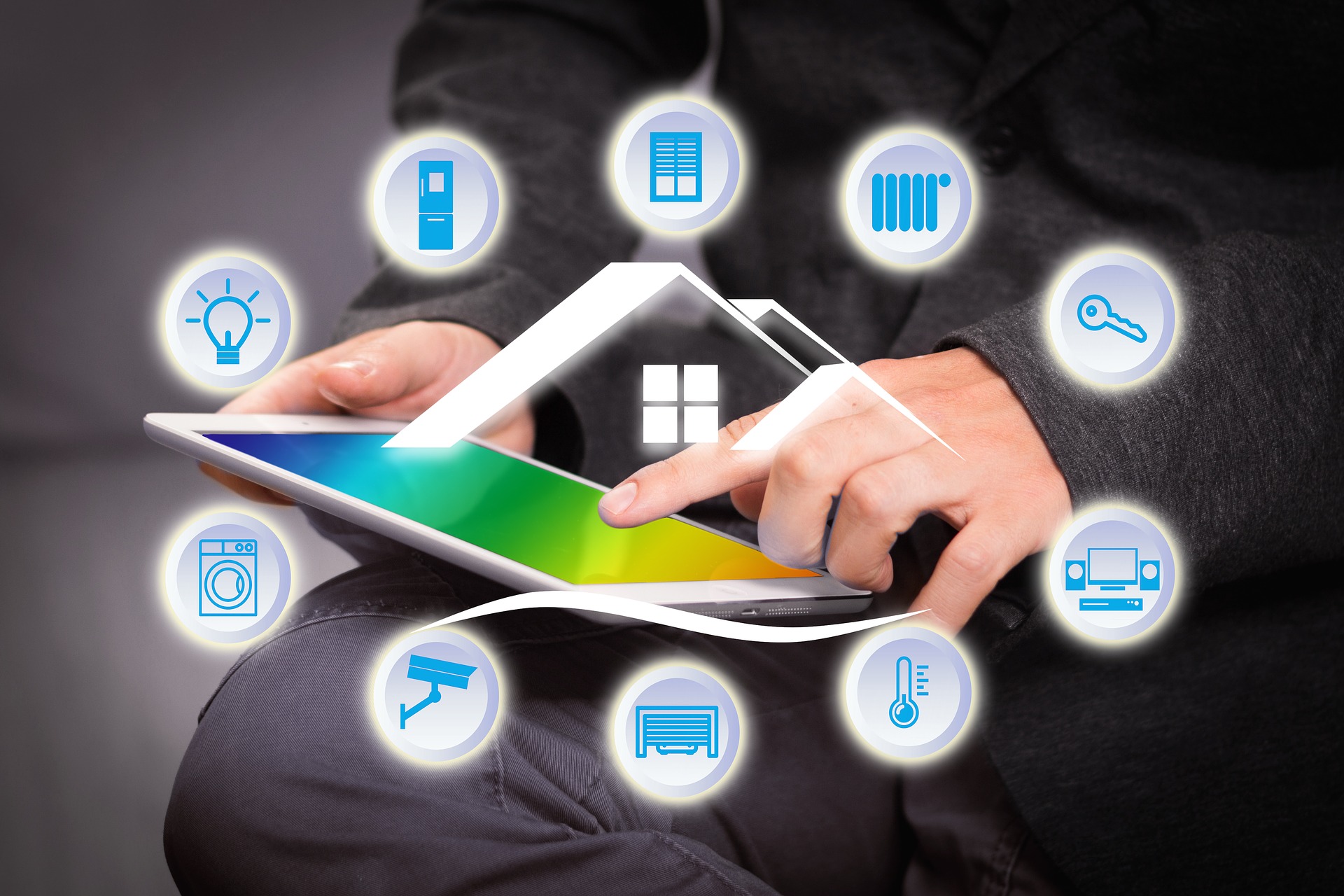Home Technology for the Next Decade

As we begin the third decade of the 21st century, life still doesn’t look like 20th century science fiction writers imagined it would. Vehicles still travel on the ground rather than through the air, space travel hasn’t taken us beyond the moon, and we’re a long way from mastering teleportation.
Even so, most Scottish families can now call on technologies that would have seemed unimaginable even to sci-fi writers like Carl Sagan and Arthur C. Clarke. They didn’t foresee the internet’s ability to unite people in a self-made digital universe, and they didn’t predict the rise of smartphones with their computer-rivalling powers. Our homes are increasingly full of smart appliances and voice-controlled assistants, which talk to each other and share information over WiFi. Even this would have seemed like sci-fi fantasy back in 2010!
As we start a new decade, it’s worth imagining how technology might change our homes over the next ten years. From the kitchen to the bedroom, there are big changes in store…
Communications
With every passing year, more and more electronic devices will join the Internet of Things. This is the catch-all term for any machine capable of sending and receiving information online, including stock reordering and fault reporting. From kitchen appliances to heating systems, the growth in IoT gadgets will require much faster internet than today’s broadband services. Many experts predict LED light sources could distribute data more quickly and securely than 5G, both at home and outdoors. This game-changing data transfer technology is called LiFi, and it was invented right here in Scotland, at the University of Edinburgh.
Entertainment
LiFi and ultrafast gigabit broadband will allow firms like Netflix and the BBC to broadcast 8K video content on demand, with picture quality so fine it’ll be hard to tell broadcast footage from what we see with our own eyes. Remote controls will be replaced with voice control, and you won’t need to put on an American accent to make voice recognition systems understand you. Games consoles will gradually disappear as smartphones become powerful enough to play even open-world adventure games. Plus, only handheld devices will be able to support augmented reality games like Minecraft Earth.
Safety
The IoT will underpin a revolution in home technology. We’ll start saying goodbye to house keys and hello to biometric entry systems, which lock doors as we leave and only let us back in when we press our fingerprints against a touchpad. Video cameras will use facial recognition and thermal imaging to detect intruders, turning on every light in the house and
uploading real-time footage to the police, while spraying identifiable smart water over the thief and their swag. Computers and tablets are likely to require retinal scans to log on, while quantum computing should see online passwords and PIN codes replaced with un-crackable user IDs.
Appliances
Environmentalism will be the watchword for the domestic appliances of 2030, from rechargeable air-purifying vacuum cleaners to washing machines which clean clothes using magnetism instead of water. Motion-sensing low-energy LED lights will only come on while we’re in a room, dishwashers will clean our pots with compressed air to save water, and home hydroponic kits will enable us to grow our own veg. It’ll even be possible to 3D-print replacement parts and accessories at home, extending the lifespan of appliances and reducing our environmental footprint.
Exciting times ahead indeed!
Back to Latest Posts




